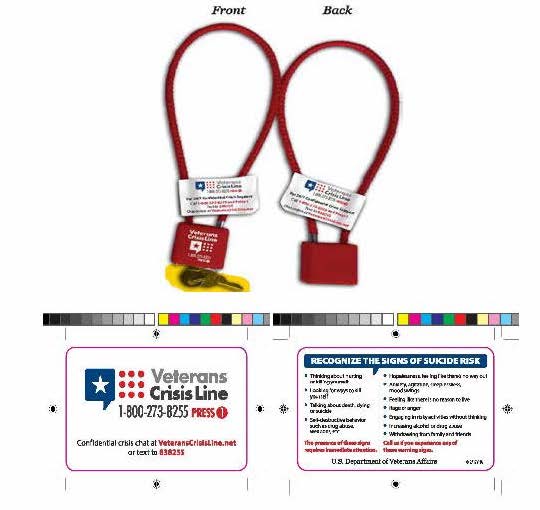For those of you who used to read my blog, you may have noticed just that: you used to read my blog. I haven’t posted anything in years. Since May of 2021, in fact.
I didn’t mean to stop posting. I liked doing it–covering topics I found interesting and/or helpful for small business owners, particularly veterans competing in federal space. But, as small business owners know, sometimes life takes over and certain items take a backseat. That’s the nature of having your own business–you calibrate and adjust, in order to make it work (and to facilitate how you work).
When I first started my business, a lot of my activity focused on pounding the pavement, looking for clients and building my practice. A big part of that was my blog, and also my newsletter–the idea was that by providing value to businesses and enhancing my visibility, this would bring in new clients. As my practice grew, I was able to keep up the blog (fairly) regularly, by virtue of there always being something to blog about. I also enjoyed doing it, and I enjoyed connecting with people via the comments made.
It is now twelve years later. In that time, I’ve built a solid book of clients, and I don’t need the blog, but that isn’t why I’ve stopped writing it. I have two kiddos, who are now five and seven, and I’ve been incredibly fortunate in being able to work a non-traditional schedule so I can spend more time with them. (That’s not to say that there aren’t the moments when I’m glued to my computer and feeling guilty for neglecting them). My practice has grown to the point where most of my time is spent on client matters versus marketing or administrative work, and one result is having more time with the monsters (which is how I’ll refer to them until they’re about forty). But, balancing an active practice with being a mother has resulted in me scaling back certain things, and the blog is one of them.
The other reason I don’t post is because of other things I write. Since . . . ever. . . I have wanted to be a writer. Over a period of ten years, I had three literary agents and we shopped a total of five projects. Getting a literary agent is hard–you have to pitch a finished novel to them, and they only represent you if they think the book will sell. Only about one percent of writers will get an agent, so you would think that my having been able to secure three would have resulted in publishing success.
You would be wrong. Of those books shopped, only one sold to a small publisher, and that impact was extremely underwhelming.
I stopped writing for the most part after I had my children. There was never any time, and I was always exhausted by the balancing act between work life and home life. (For example, this particular blog post may be coming to you from a Waffle House en route to Georgia from Illinois, as my children hit each other). I also switched up my reading materials, getting more of an interest in campy thrillers as an escape from reality.
Writers, however, simply can’t stop. It’s in us, regardless of whether success is achieved. (That’s what makes being a writer such a frustrating, mean enterprise). After a significant hiatus and once our family moved to the Atlanta area, I had an idea for a dark comedy thriller about a serial killer stalking the morally bankrupt residents of an upscale neighborhood. One of my favorite books is The Stand, and I wanted to try out King’s mode of writing a book in linear format via multiple narrators.
The problem was everything else. Where would I find time to write?
For the next two months, while the children were away at school, I wrote Neighborhood Watch, an entire chapter at a time because starting and stopping a chapter was a no-go. I did my legal work early in the morning, and after the children went to bed. A total of seven months after starting the book, I had a traditional publishing deal. And this April–eighteen months after this offer, as the publishing world moves like molasses–my book was released. There’s an audio book! With eleven different voice actors! Again, this is after over a decade of trying. It feels surreal that this happened, is happening. Present tense, since, after Neighborhood Watch, I’ve been writing again.
Having this book released made me think of this blog, and how I don’t write it anymore. I miss it. And I wanted to say–to those who have followed me over the years–that I have enjoyed writing for you. I would not have stopped if I had the bandwidth.
But it’s same situation with the other type of writing I do. I didn’t have the bandwidth, but I had the inspiration, and I made it work. I will try to make my blog work again. It simply might not be as frequent as it used to be.
We don’t stop doing some things because we don’t care. We stop because life has a way of distracting us. I know I’m not alone in this notion.




